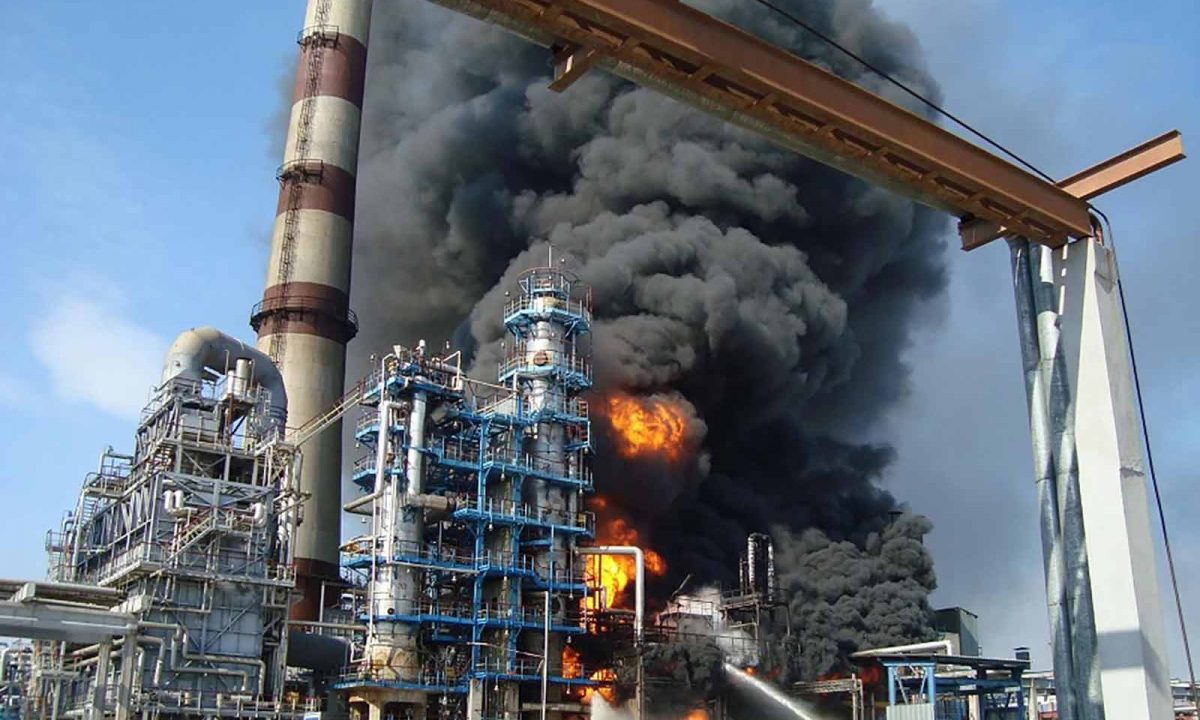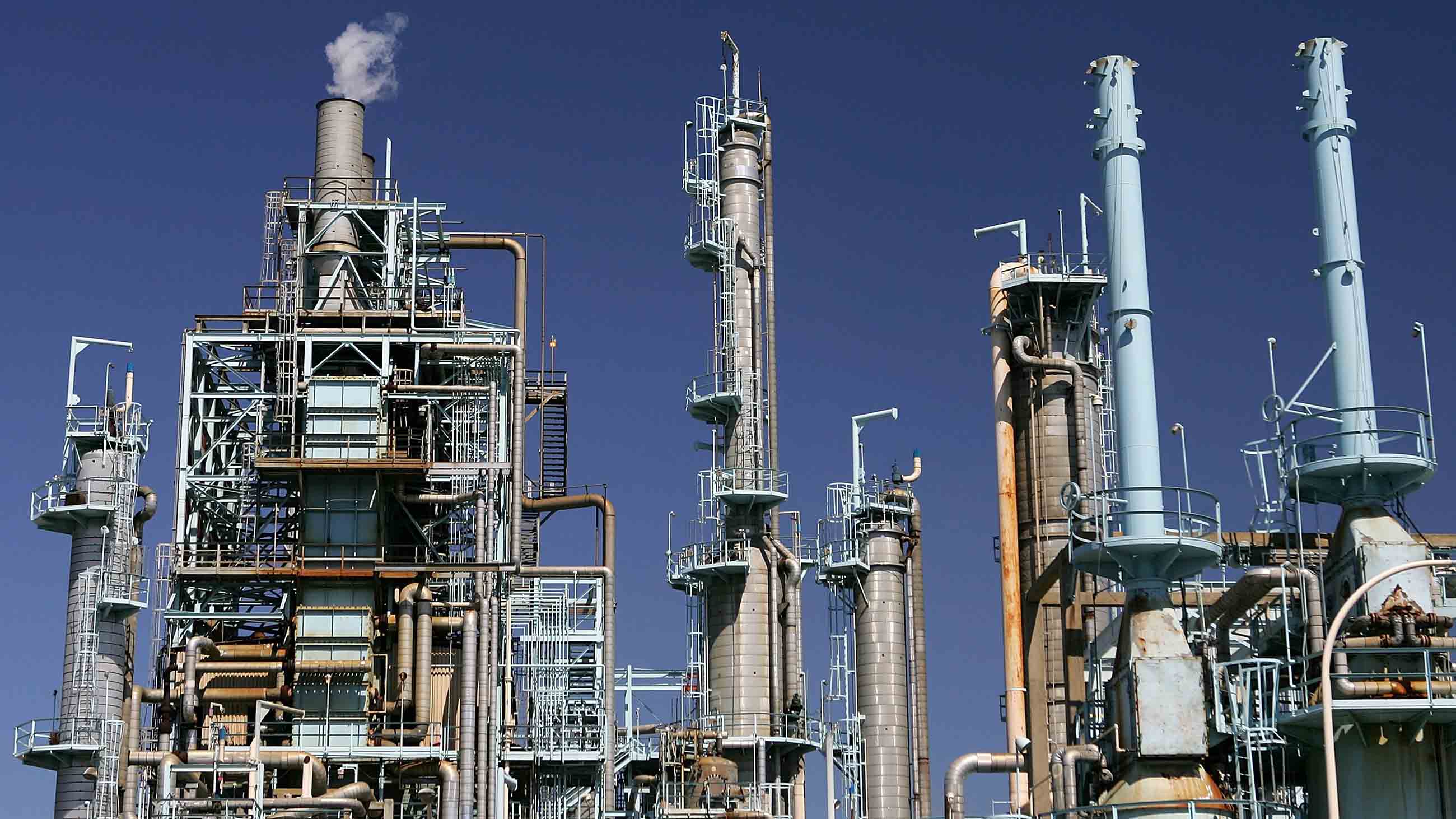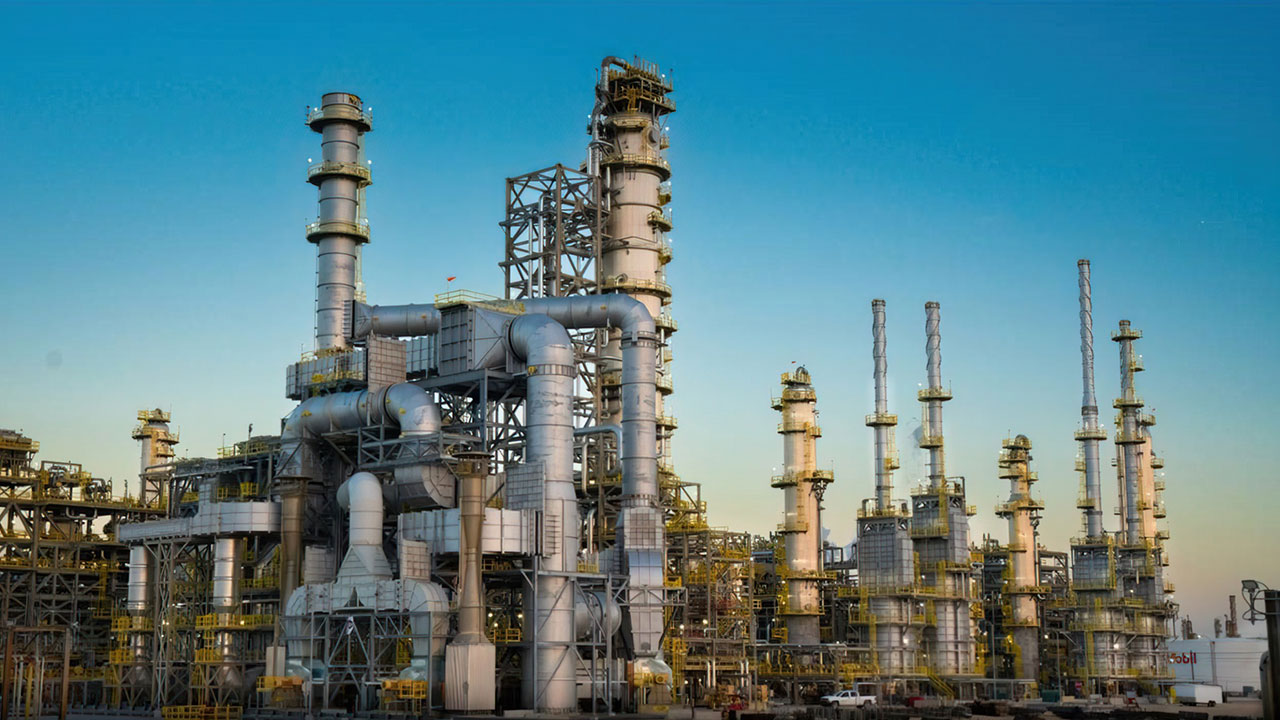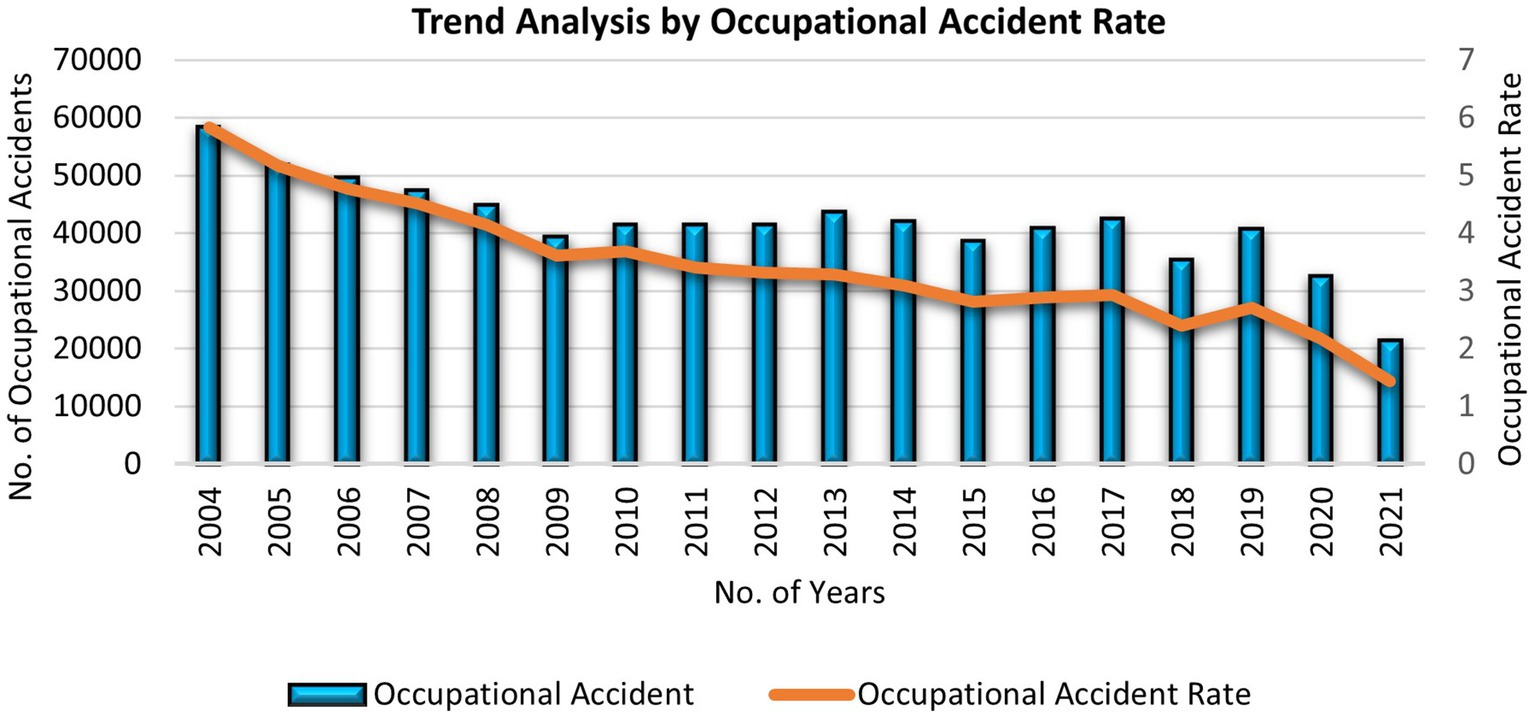
Fire incident at Petroleum facility
Fired heaters are critical components in refinery operations, providing the high temperatures necessary for various processes such as distillation, cracking, and reforming. However, ensuring the safety of fired heaters is paramount to protect personnel, assets, and the environment.
API 560, the American Petroleum Institute's standard for fired heaters for general refinery service, sets forth guidelines for the design, materials, fabrication, inspection, testing, and preparation for shipment of fired heaters used in refineries. Adhering to API 560 standards is essential for ensuring the safe and reliable operation of fired heaters and mitigating potential hazards.

Fired heater maintenance in refineries
The harsh operating conditions within refineries, including high temperatures, pressure, and the presence of flammable materials, pose significant challenges for ensuring fired heater safety. Maintaining proper operating parameters and implementing robust safety protocols are crucial for preventing accidents and ensuring personnel well-being.
Regular maintenance and inspection of fired heaters are essential for identifying potential safety hazards and ensuring equipment integrity. API 560 provides guidelines for inspection intervals, non-destructive testing methods, and maintenance practices to detect and address issues before they escalate into safety risks.

Fired heater safety in refinery
Proper training and education of personnel involved in fired heater operations are essential for fostering a safety-conscious culture within refineries. Training programs should cover topics such as equipment operation, emergency response procedures, and compliance with safety standards such as API 560.
Refineries must have robust emergency preparedness plans in place to respond effectively to potential incidents involving fired heaters. Emergency drills, communication protocols, and evacuation procedures should be regularly practiced to ensure personnel are well-prepared to handle emergencies.

Trend analysis by occupational accident rate by the Dept. of Statistics Malaysia
Fired heater safety is a critical aspect of refinery operations that requires diligence, adherence to regulations, and continuous improvement. Compliance with API 560 standards, coupled with proper training, maintenance, and emergency preparedness, is essential for mitigating risks and ensuring the safety of personnel and facilities within refineries.